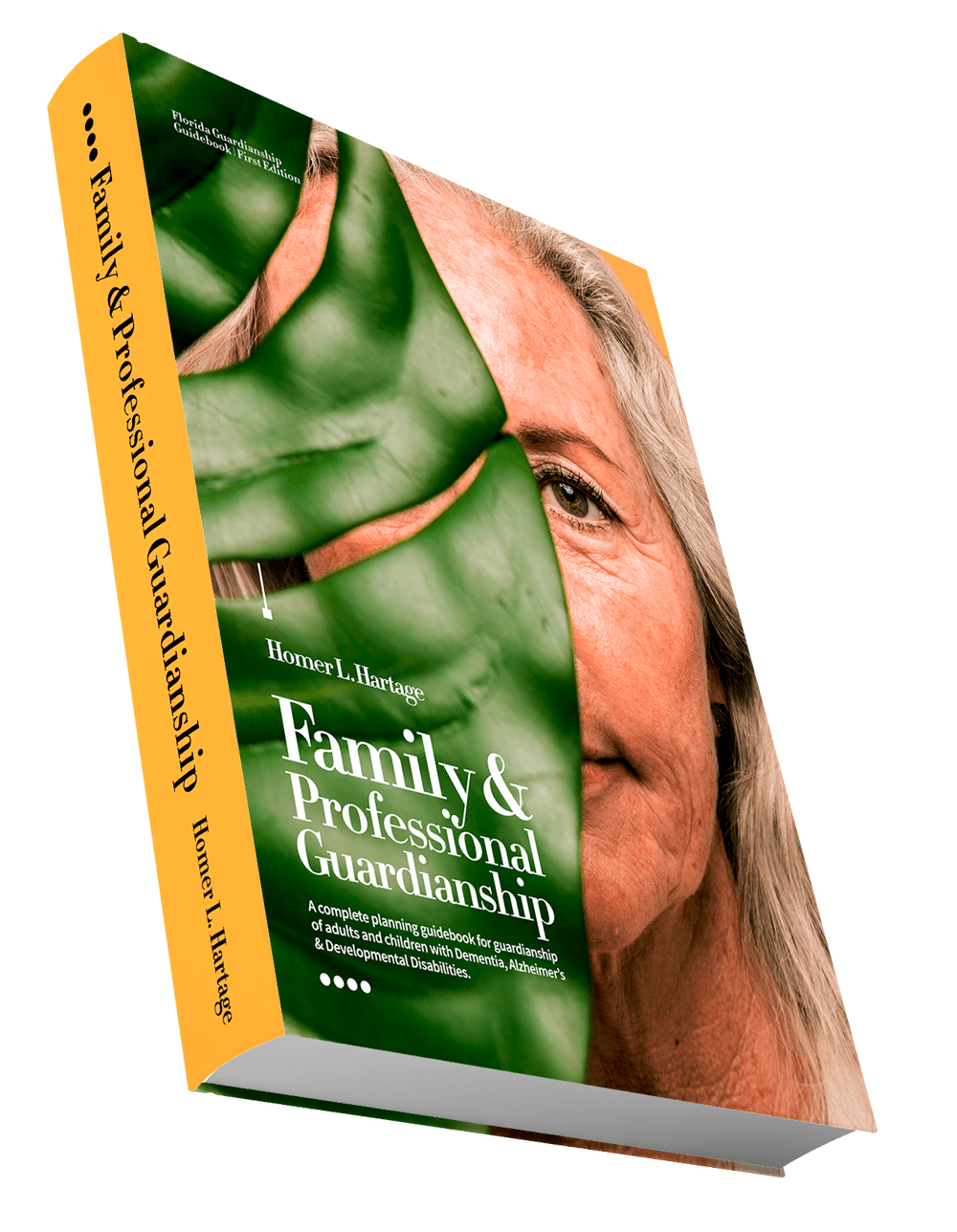![]() Mon-Fri: 8am to 5pm
Mon-Fri: 8am to 5pm ![]() +1 321-251-2812
+1 321-251-2812 ![]() guardians@agedcareguardian.com
guardians@agedcareguardian.com

What Is Guardianship? Learn The Facts
The definition of guardianship varies depending on the state in which you reside. In New York (where the Wendy Williams/Wells Fargo dispute is taking place), a guardianship (which is called an Article 81 case and is filed under Article 81 of the Mental Hygiene Law) is a legal arrangement designed to protect an incapacitated adult. In Florida, guardianship is covered under Florida Status 744.
According to the New York State Unified Court System website, an adult is considered “incapacitated” if they are:
• Incapable of managing their own property and/or personal needs
• Are likely to be harmed because they cannot understand the consequences of not being able to manage their property and/or personal needs.
The same website states that at the start of a guardianship case, the proposed subject of the guardianship is referred to as an “alleged incapacitated person” (AIP) because their alleged inability to handle their own affairs is only the petitioner’s opinion. In other words, the AIP’s incapacitation has not yet been proven.
The courts generally do their due diligence in ensuring that guardianship is actually warranted before granting one since this type of arrangement can severely limit a person’s rights. If, after reviewing evidence and testimony, the court declares the AIP to be incapacitated, then the proposed Article 81 guardian must complete guardianship training and be approved by the court prior to being officially appointed to their role. While it is usually a family member who acts as a person’s guardian, the court can also appoint a previously trained guardian or social service agency to take on the role, according to the New York State Unified Court System website.
The same site goes on to state that an Article 81 guardian can be appointed to manage a person’s welfare, property or both. Once a guardian is appointed, the judge will specify what decisions the guardian can make and what decisions the incapacitated person can make based on the latter’s needs.
In California, legal arrangements designed to protect incapacitated adults are referred to as conservatorships. On the other hand, guardianships are legal arrangements designed to protect minors. The process for obtaining a conservatorship in California is similar to the process for obtaining a guardianship in New York, although there are some notable differences. For example, proposed conservators in California are not required to undergo training, as they are in New York.






